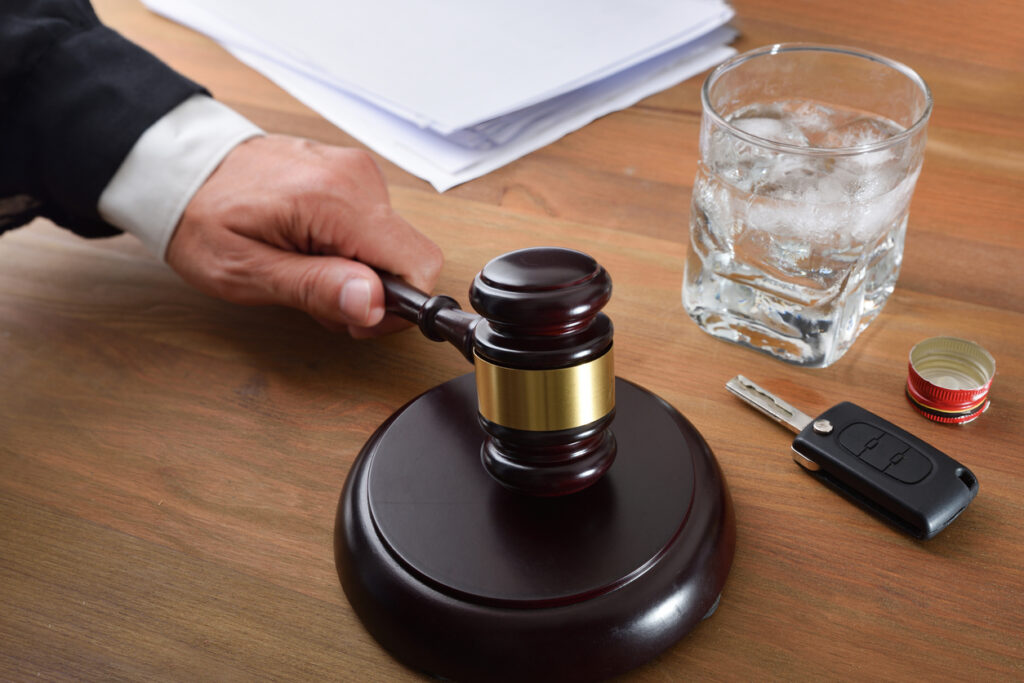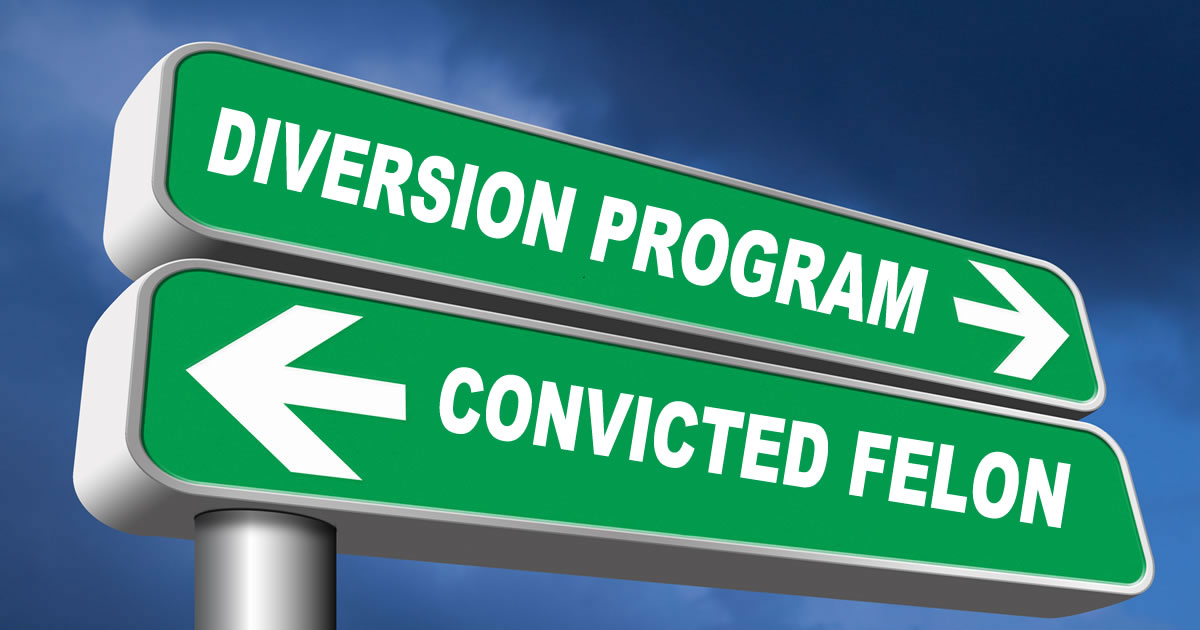If you’ve ever asked yourself what is a DWI case, you’re not alone. DWI—short for Driving While Intoxicated—is one of the most misunderstood criminal offenses in the United States. Many drivers don’t realize how complex and life-altering a DWI case can become until they—or someone close—gets pulled over after drinking and winds up in handcuffs. It’s not simply about blowing over the legal limit. Rather, it involves how officers collect evidence, how the legal process unfolds, and how penalties or long-term consequences follow from one bad decision.
In this comprehensive guide, we’ll unpack what a DWI case truly involves. From the initial traffic stop and arrest to courtroom procedures and final outcomes, you’ll learn how the system works. We’ll use a clear tone, real-life examples, and legal insight to help you understand how these cases develop—and what they mean for the people facing them.

Texas DWI Cases: Definition & First Steps
A DWI case begins when law enforcement stops a driver suspected of operating a motor vehicle under the influence of alcohol, drugs, or both. The charge revolves around the driver being impaired to the point of posing a safety risk—even if they don’t feel “drunk.” In most states, a Blood Alcohol Content (BAC) of 0.08% or higher qualifies as legal intoxication. However, prosecutors may argue impairment at lower levels if the driver behaves erratically or fails roadside tests.
Unlike a traffic ticket, a DWI charge represents a criminal offense. As a result, it brings significant consequences: criminal records, steep fines, license suspensions, probation, and even time in jail. Many drivers don’t anticipate these consequences because they assume slight impairment won’t result in legal trouble. However, the law doesn’t leave much room for interpretation once impairment becomes measurable or observable.
Real-Life Example: Matt’s Unexpected DWI Case
Matt, a 31-year-old office manager in Austin, attended a birthday dinner for a close friend. Over three hours, he drank two beers and felt fine to drive home. On his way back, he rolled through a stop sign, prompting a nearby officer to initiate a traffic stop. The officer noticed alcohol on his breath and asked Matt to complete a field sobriety test. Matt, feeling anxious and caught off guard, stumbled once and failed the test. His breathalyzer result came back at 0.084%—just over the legal limit.
Authorities arrested him immediately and charged him with DWI. His case dragged on for six months and required two court appearances. During that time, his license was temporarily suspended, and he paid nearly $7,000 in legal and administrative fees. Unfortunately, the DWI charge also cost him a job promotion due to a flagged background check. This experience taught Matt the hard way that a DWI case can be serious—even when someone doesn’t feel impaired.
What Happens During a DWI Case?
Once police arrest someone for DWI, the legal process begins. Understanding each phase helps answer what is a DWI case in full.
The Traffic Stop
Everything starts with the initial stop. Police officers need reasonable suspicion to pull over a vehicle. That suspicion might arise from swerving, speeding, breaking traffic laws, or even minor infractions like a broken tail light. Once the stop occurs, the officer will observe the driver’s behavior, ask questions, and potentially initiate a field sobriety test.
Sobriety and Chemical Testing
Field sobriety tests check balance, eye movement, and cognitive function. If the officer suspects impairment, they will often conduct a breathalyzer or request a blood sample. In most states, drivers automatically consent to chemical testing by operating a vehicle—a principle known as implied consent. Refusing the test often leads to an automatic license suspension and may complicate legal defenses later.
:max_bytes(150000):strip_icc()/dui5-569fe6ab3df78cafda9eff68.jpg)
The Arrest and Booking
After officers complete testing and confirm probable cause, they arrest the driver. During the booking process, officers photograph the individual, collect fingerprints, and formally charge them. Depending on the severity of the case, the person may be released on bail or held until their arraignment.
Charges and Legal Classification
A big part of answering what is a DWI case involves understanding how charges are classified by severity.
Misdemeanor DWI
Courts usually reserve misdemeanor DWI charges for:
- First-time offenders
- Drivers with BAC just over the legal threshold
- Cases without accidents or injuries
Penalties may include fines, short jail time, community service, or probation. Additionally, courts often require alcohol education programs or ignition interlock devices.
Felony DWI
Felony DWI charges apply when aggravating factors exist, such as:
- PriorDWI convictions
- A child passenger present during the stop
- Accidents resulting in injuries or death
These cases can result in lengthy prison sentences, large fines, and permanent loss of driving privileges. Felony charges dramatically raise the stakes in any DWI case and often lead to life-changing outcomes.
Court Process in a DWI Case
A DWI case can last several months depending on the court calendar, case complexity, and legal strategies.
Arraignment
This is the first court appearance. At this hearing, the judge reads the charges, and the defendant enters a plea. It’s a formal but critical step that frames the rest of the case.
Pre-Trial Hearings
During this phase, defense attorneys may file motions to suppress evidence or challenge probable cause. These hearings often result in negotiations or plea deals, potentially avoiding trial altogether.
Trial
If no agreement is reached, the case proceeds to trial. Prosecutors must prove impairment beyond a reasonable doubt. Meanwhile, the defense works to challenge the arrest process, testing methods, and interpretation of the results.
Sentencing
If convicted, the judge assigns penalties. Sentencing factors include BAC level, criminal history, cooperation with law enforcement, and whether the offense caused harm. Outcomes may involve jail time, fines, or court-ordered treatment.
Real-Life Example: Vanessa’s Felony DWI
Vanessa, a 42-year-old high school teacher from San Antonio, was pulled over after swerving between lanes late at night. This incident marked her third DWI in five years. A breathalyzer test revealed a BAC of 0.17%. Due to her prior offenses and high BAC, prosecutors charged her with felony DWI.
The court proceedings lasted several months. After consulting with her attorney, Vanessa pleaded guilty. The judge sentenced her to 18 months in a state jail facility. Additionally, she lost her teaching license and faced mandatory rehab upon release. Vanessa’s case illustrates how quickly DWI charges escalate with prior convictions and high levels of impairment.
Outcomes of a DWI Case: What’s at Stake?
The outcome of a DWI case depends on several factors, including BAC, criminal history, legal representation, and evidence strength.
Dismissal
If police lacked probable cause or made procedural errors, courts may dismiss the case entirely. This is a best-case scenario.
Plea Deal
Many defendants reach a plea deal to reduce the DWI charge to reckless driving. These deals usually come with lighter penalties but may still appear on driving records.
Conviction
A guilty verdict results in a criminal record and a variety of penalties. These may include incarceration, heavy fines, probation, and mandatory education programs.
Diversion Programs
Some jurisdictions offer diversion or deferred adjudication programs. Offenders who complete these programs successfully may avoid a formal conviction altogether.
Understanding what is a DWI case means realizing the outcome isn’t set in stone. Timely, informed action can change the course entirely.

The Role of a DWI Attorney
Hiring a DWI attorney significantly increases your chances of a favorable outcome. Here’s what experienced legal counsel can offer:
- Contest the legality of the traffic stop
- Challenge breathalyzer or blood test accuracy
- Present mitigating factors to prosecutors or judges
- Protect your driving privileges through administrative hearings
- Reduce sentencing through plea negotiations
- Guide you through the entire legal maze with confidence
In many instances, strong legal support means the difference between a dismissed charge and a long-term criminal record.
Long-Term Effects of a DWI Case
Even after completing your sentence, a DWI conviction can impact your future. Here’s how:
- Auto insurance premiums skyrocket for years
- Employers may reject applications based on background checks
- Professionals may lose licenses or face disciplinary actions
- International travel becomes difficult or impossible
- Personal relationships and financial stability suffer from the stress
When someone asks what is a DWI case, they should also ask how it changes someone’s life long after court ends.
Can a DWI Be Expunged?
Expungement rules vary by state, but some defendants may qualify if they:
- Have a first-time offense
- Completed all court-mandated requirements
- Waited the required time before applying
- Maintained a clean record since the conviction

Even when expungement isn’t available, sealing your record may limit who can view your criminal history. A lawyer can help you assess options and prepare the necessary documentation.
Texas DWI Cases: Definition & First Steps
So, what is a DWI case? It’s not just a traffic violation—it’s a criminal matter with consequences that touch every area of your life. From the moment you’re pulled over to the final court ruling, the process tests your finances, your freedom, and your future.
Knowing your rights and responsibilities is the first step toward protecting yourself. If you or someone close to you faces a DWI charge, take immediate action. Hire a skilled attorney. Gather information. And understand what’s at stake—because being prepared could be the key to turning your DWI case into a chance for growth rather than a lifelong setback.

